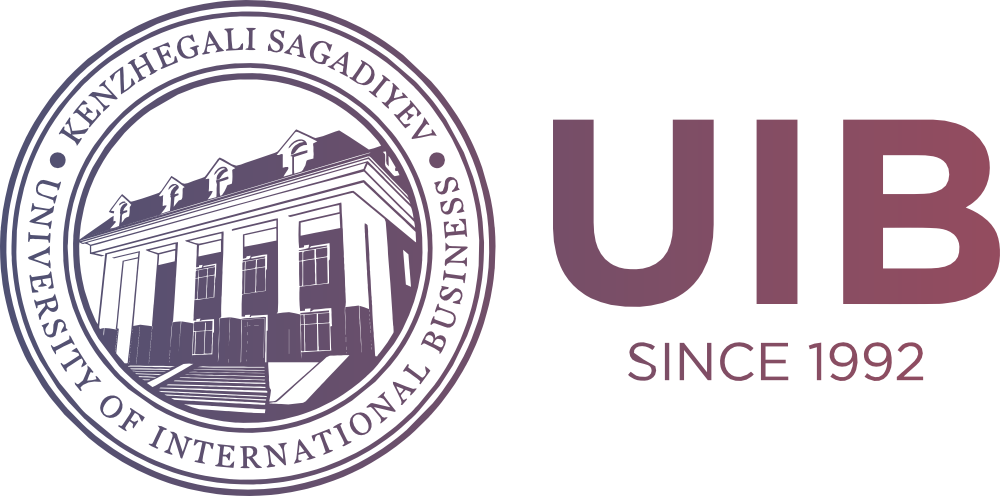Reduction of Inequality of Regions as a Factor of Sustainable Development: The Case of Western Macro-region of Kazakhstan
DOI:
https://doi.org/10.47703/ejebs.v68i1.351Keywords:
Econome, Economic Growth, Sustainable Development, Regional Inequality, Macro-Region, Western KazakhstanAbstract
The most critical Sustainable Development Goals (SDGs) are the promotion of sustainable economic growth, the eradication of poverty, and the reduction of inequality within countries. The hypothesis of the study is the assumption that the achievement of the SDGs in the country depends on the reduction of socio-economic inequality in the West Kazakhstan regions, which includes four regions of the country: Mangistau, Atyrau, Aktobe, and West Kazakhstan. This formulation of the question is because earlier studies by the article's authors indicate a discrepancy between the level of social well-being of a given region and the actual contribution to the development of the country’s economy. The aim of the article is to study the dynamics and degree of socio-economic development inequality of the Western Kazakhstan region and to develop recommendations on measures of state regulation to reduce it. To achieve this goal, the methods of generalization, concretization, economic-statistical, index, and comparative analysis were used. The result was a system of indicators for measuring the level of socio-economic stability of regions, taking into account country specifics, a study of trends, and an assessment of the degree of inequality in the socio-economic development of the regions of Western Kazakhstan, and recommendations for improving regulatory methods to reduce regional disparities. The authorities can use the recommendations to make decisions on achieving the Sustainable Development Goals in the regions of Western Kazakhstan.
Downloads
How to Cite
Downloads
Published
Issue
Section
License

This work is licensed under a Creative Commons Attribution 4.0 International License.
Authors retain copyright and grant the journal right of first publication with the work simultaneously licensed under a Creative Commons Attribution (CC-BY) 4.0 License that allows others to share the work with an acknowledgment of the work’s authorship and initial publication in this journal.



